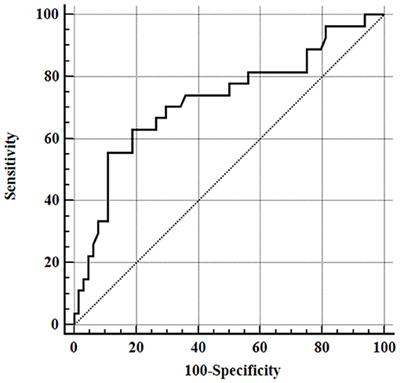ORIGINAL RESEARCH
Published on 01 Mar 2022
Heat Stress-Induced Dysbiosis of Porcine Colon Microbiota Plays a Role in Intestinal Damage: A Fecal Microbiota Profile
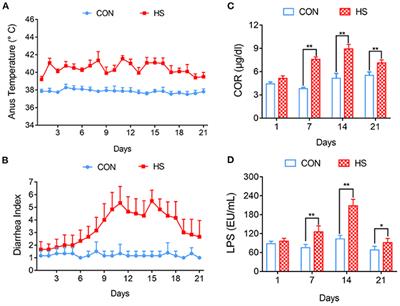
doi 10.3389/fvets.2022.686902
- 3,873 views
- 20 citations
5,773
Total downloads
25k
Total views and downloads
ORIGINAL RESEARCH
Published on 01 Mar 2022

ORIGINAL RESEARCH
Published on 21 Jun 2021

BRIEF RESEARCH REPORT
Published on 09 Dec 2020
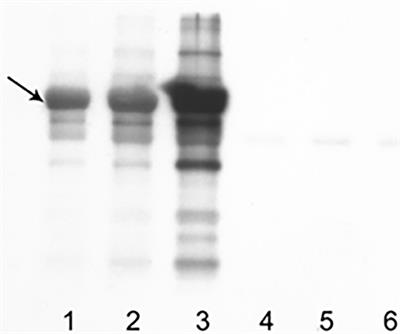
ORIGINAL RESEARCH
Published on 30 Oct 2020
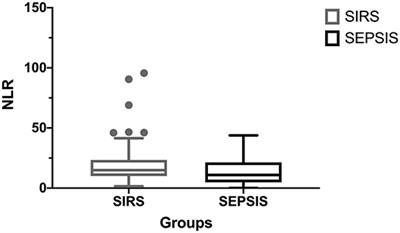
ORIGINAL RESEARCH
Published on 27 Oct 2020
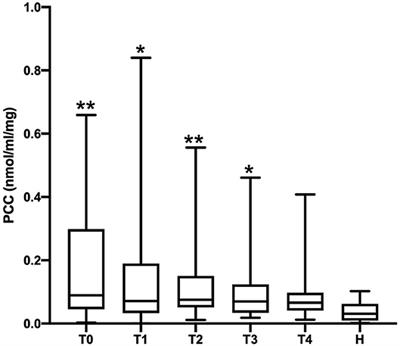
ORIGINAL RESEARCH
Published on 13 May 2020
